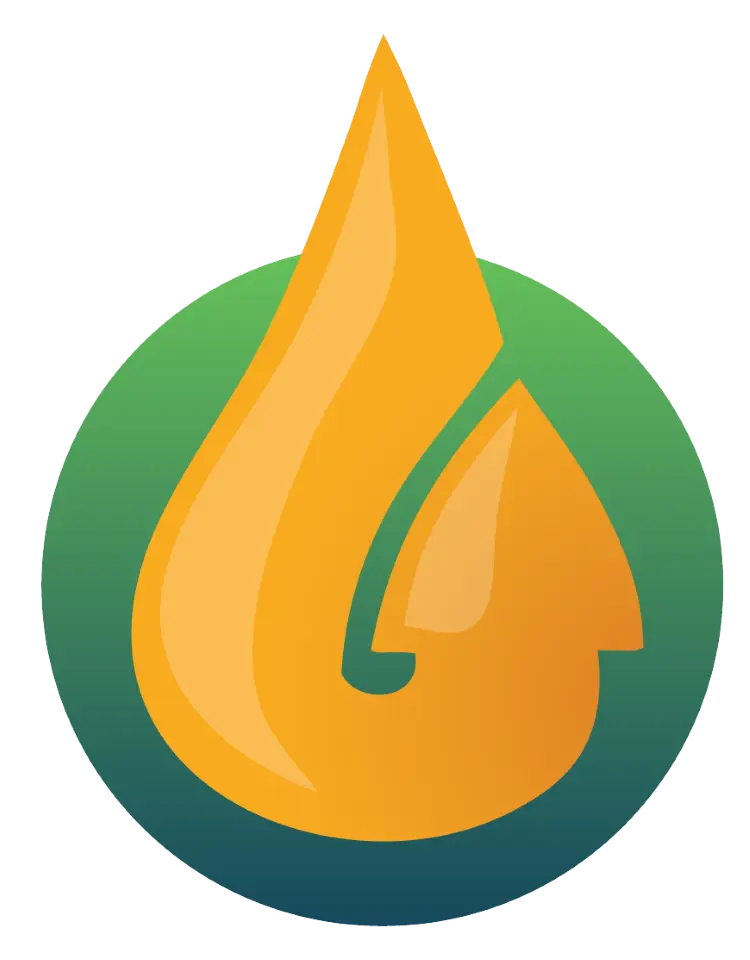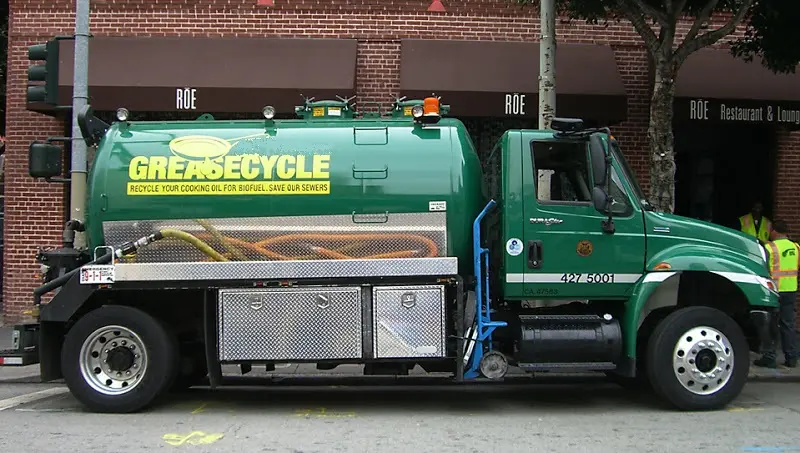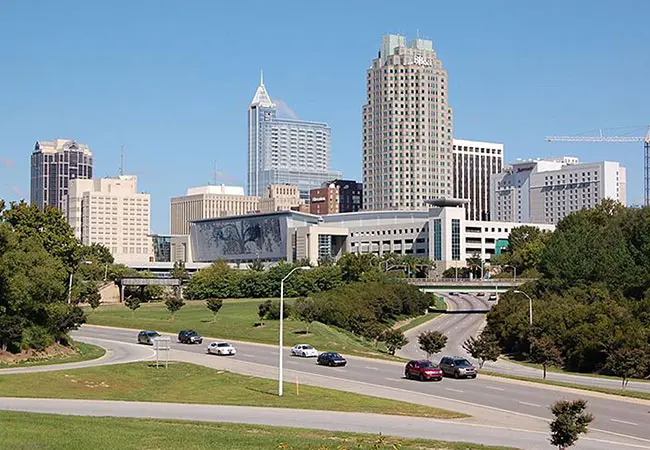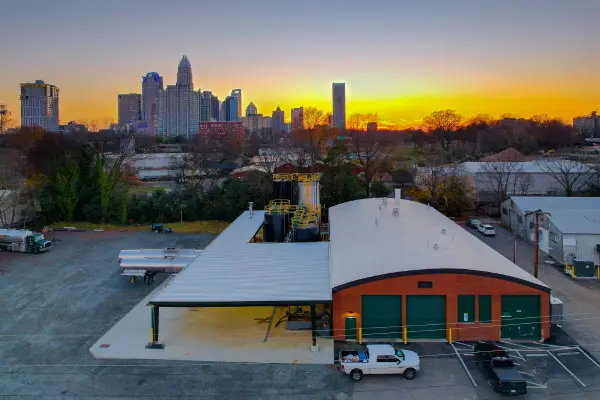Table of Contents
Stay Compliant. Prevent Odors and Backups.
Greasecycle® is a local grease trap cleaning company. Greasecycle® services kitchens in the surrounding cities of Durham, Cary, Apex, Garner, Chapel Hill, and Wilmington, and the entire Triangle area.
Grease traps are important systems in a commercial property. Greasecycle® will schedule regular cleaning and checking of your grease interceptors that are unique to your company’s specific needs. We will help you to avoid unpleasant drain backups and spills.
Whether you own a restaurant, school, nursing home, or industrial facility Greasecycle®’s professionally trained technicians will pump out your grease trap and deliver it to their ‘state of the art recycling facility’. At the recycling facility the mixture of grease, water, and food particles will be processed into compost and biofuel.
Learn more about our services, then give us a call to schedule your grease pumping today.

Contact Us To Learn More
Greasecycle®: Professional Grease Pumping in Norfolk
Our highly trained technicians frequently service Norfolk area restaurants and commercial food establishments enabling them to meet their grease trap needs. Greasecycle® is a Green-Company that focuses on recycling spent grease into renewable biofuel.
Greasecycle® is 100% certified to remove your used cooking oil from your facility AND permitted by the North Carolina Department of Environmental Quality (NCDEQ)
Warning Signs Your Grease Trap Needs to Be Cleaned
If your grease traps or grease interceptors are exhibiting any of the following signs, definitely contact us for cleaning!
- Foul Odor – if you’re experiencing a foul odor in your kitchen DO NOT WAIT to give us a call. This is the biggest sign that your grease trap might overflow.
- Slow Drainage – If the water in your sink is slow to drain or completely blocked there is a good change your grease interceptor needs to be cleaned.
- Low Water Level – A full grease interceptor can cause water levels in your toilets to be low.
How Often Should Your Grease Trap Be Cleaned?
According to the regulations of the city of Durham, all grease removal systems need to be cleaned on a monthly schedule. A more frequent cleaning schedule is required if a user’s discharge contains more than 250 mg/L of fat, oil, or grease. A less frequent cleaning can be arranged if it can be demonstrated to the City that the 250 mg/L limit can be met with the proposed cleaning schedule.
The professionals at Greasecycle® will prepare a service frequency schedule to suit your kitchen’s specific needs, thereby helping you to prevent drain backups and overflows. With our automatic grease trap pumping service, you can ‘set it and forget it’.

Service Pricing
Our pricing varies according to the size, accessibility, and frequency of our visits. Our rate per visit is generally reduced when visits to your establishment are more frequent. For the most accurate quote please provide us with the location of your grease trap, and its size.
Standard sizes of indoor grease interceptors are; 30 gallons or 60 gallons
Standard sizes of outdoor grease interceptors are; 1000 gallons or 1500 gallons

Contact Us To Learn More
The Greasecycle® Pledge!
- We remove all grease and food solids
- We aim to service your establishment at times of the day that minimize any interruption of your business
- We help your business stay in compliance with current regulations by documenting proper manifest paper work.
- We maintain complete records of our service to your grease traps
- Much of the material we remove is repurposed – used in anaerobic digestion to increase methane for electricity generation or as a soil amendment used for non-edible agriculture
- Material that we cannot repurpose is safely disposed of at licensed facilities according to local regulations
Proudly Servicing the Following Areas:
Proudly providing grease trap cleaning services in Dumfries, Falls Church, Tricities, Fairfax, Ashland, Raleigh, Durham, Chesterfield, Cary, Chapel Hill, Greensboro, High Point, Winston Salem, Charlotte, Greenville, Spartanburg, Columbia, Richmond, Hampton Roads, Virginia Beach, Henrico County, Newport News, Mechanicsville, Portsmouth, Arlington, Centreville, Alexandria, Norfolk, Fredericksburg, Williamsburg, Annandale, Midlothian, Glen Allen, Sandston and Chesapeake.

Norfolk Area Information
Norfolk, Virginia, is a dynamic port city located in the southeastern part of the state, known for its significant military and maritime presence. As the home to Naval Station Norfolk, the largest naval base in the world, the city plays a crucial role in national defense and global naval operations.
Established in 1682, Norfolk has evolved into a major hub for shipbuilding and international commerce, boasting a bustling waterfront and the Norfolk International Terminals. This strategic location has cemented Norfolk’s status as a vital center for trade and logistics, influencing its economic and cultural development over the centuries.
Culturally, Norfolk is a vibrant urban center that offers a rich array of arts, education, and recreational opportunities. The city hosts several renowned institutions, including Old Dominion University, the Chrysler Museum of Art, and the Virginia Opera, contributing to a lively and diverse cultural scene.
Downtown Norfolk, with its revitalized waterfront area, features attractions such as the Waterside District and Town Point Park, which provide scenic venues for dining, entertainment, and festivals. Annual events like the Harborfest celebrate the city’s maritime heritage and community spirit.
With its blend of historical significance, military prominence, and cultural vibrancy, Norfolk stands out as a multifaceted city in the Hampton Roads region, offering a unique and engaging experience for residents and visitors alike.
Source: Wikipedia

Contact Us To Learn More




